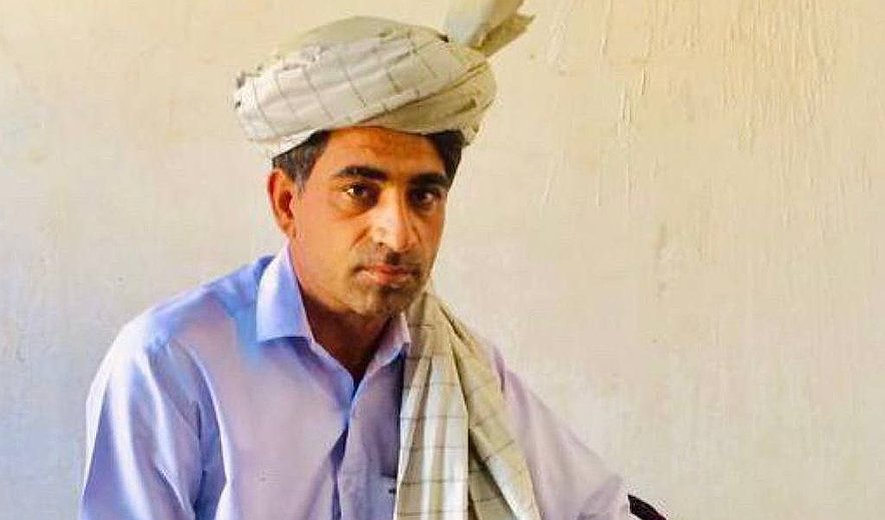Baluch Mohammad Gorgij Executed in Birjand

Iran Human Rights (IHRNGO); August 14, 2023: Mohammad Gorgij, a Baluch man sentenced to death for drug-related charges, was executed in Birjand Prison.
According to Hal Vash, a Baluch man was executed in Birjand Prison on 13 August. His identity has been reported as Mohammad Gorgij from Zahedan.
He was arrested for drug-related charges around two years ago and sentenced to death by the Revolutionary Court.
At the time of writing, his execution has not been reported by domestic media or officials in Iran.
Ethnic minorities, the Baluch in particular, are grossly overrepresented in execution numbers in Iran. In 2022, at least 174 Baluch minorities including 3 women, were executed in 22 prisons across Iran, making up 30% of overall executions. This is while they represent just 2-6% of Iran’s population. Furthermore, in the first six months of 2023, 20% of the at least 354 executions were Baluch people.
Drug-related executions have continuously risen every year for the past three years. At least 206 people were executed for drug-related charges in the first six months of 2023, a 126% rise compared to the same period in 2022 when 91 were executed. 40 people were executed in the same period in 2021.
The number of drug executions dramatically dropped in 2018 following a 2017 Amendment to the Anti-Narcotics Laws. Consequently, drug executions ranged between 24-30 per annum between 2018-2020. The Amendment was reversed in practice in 2021 when executions increased ten-fold to 126 in 2021 and doubled again in 2022 with 256 drug-related executions

